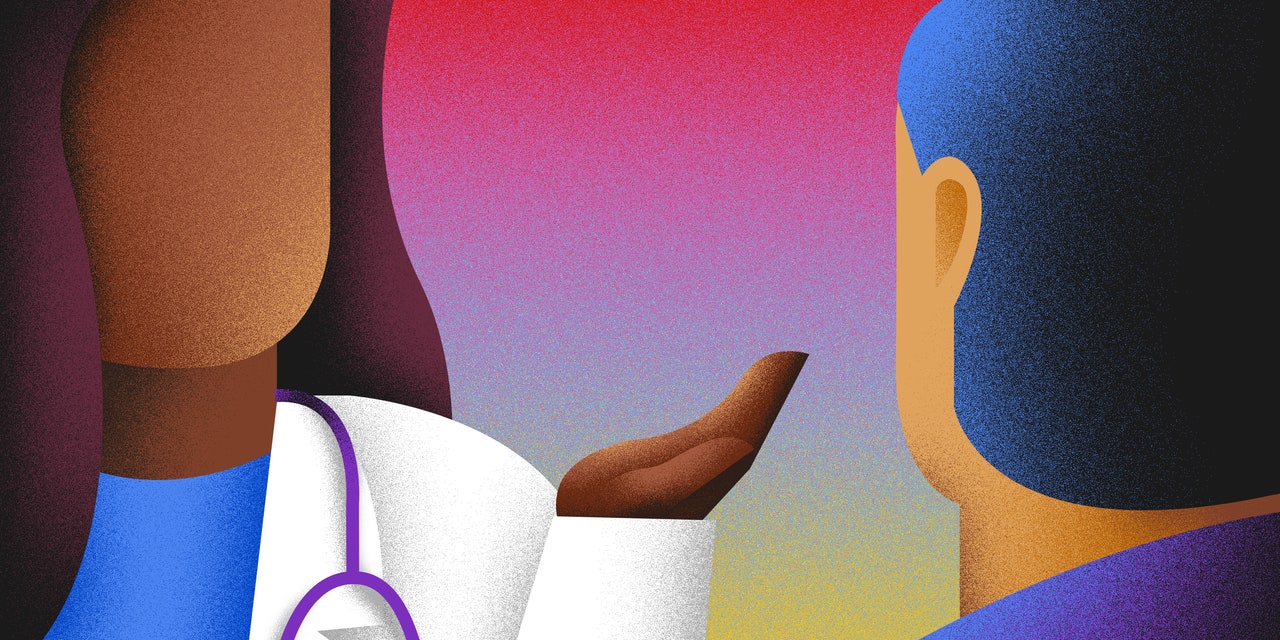Being diagnosed with Crohn’s disease can feel super disorienting. Your doctor likely listed off a ton of confusing medical terms, offered you a pamphlet and prescription, and encouraged you to reach out with questions (possibly via an online portal—another thing to figure out). It’s understandable if you nodded, smiled, and trudged out of the office in a total blur—and frantically googled What is Crohn’s disease? in your car or on the train back home.
Deep breaths: You’re going to figure this out—just like so many others have. Crohn’s disease, a lifelong condition that causes inflammation and irritation in your digestive tract, is pretty common. It affects more than half a million people in the United States, according to the National Institute of Diabetes and Digestive and Kidney Diseases (NIDDK). Although it can take some time to get a handle on, people with Crohn’s tend to live fairly normal lives, continuing to work, date, and travel. So take heart: You can still do all your usual stuff, except now you’ll know how to go about them with more of a handle on bathroom emergencies and other discomfort.
Still, Crohn’s disease symptoms often start gradually and get more intense over time, per the NIDDK, so your best bet is to nail down a treatment plan soon so you can keep living your life without too much disruption. Bring these five questions to your next appointment to help you get rolling—and feel better.
“What physical and mental symptoms might I have, based on what you see so far?”
For some people, Crohn’s disease is a mild nuisance that causes annoying bouts of diarrhea here and there, according to the Crohn’s and Colitis Foundation. For others with the condition, flare-ups can involve additional symptoms and be extremely painful and debilitating: The NIDDK says that diarrhea, stomach cramps, and unintended weight loss are common issues, although you may also experience anemia, fatigue, fever, nausea, joint pain, and soreness, among others. You likely have a sense of what your experience has been thus far, but it’s good to get more specific about what to be aware of.
READ RELATED: All Your Questions About Trans Kids in Sports, Asked and Answered
While a doctor can’t magically predict how your symptoms will manifest over time, they can give you a sense of what you might expect, based on what you’ve experienced and what part of your gastrointestinal (GI) tract is most affected thus far. Typically, where you experience symptoms comes down to the subtype you have, Lea Ann Chen, MD, a gastroenterologist at Rutgers Robert Wood Johnson Medical School, tells SELF. These include ileitis and jejunoileitis (where the small intestine is inflamed), ileocolitis (where the ileum or colon is inflamed), and colitis (where the inner colon lining is inflamed).
Issues with your GI tract might not be the only changes that arise following a Crohn’s diagnosis—your mental health might be impacted, too. Ashkan Farhadi, MD, a gastroenterologist at MemorialCare Orange Coast Medical Center in Fountain Valley, California, tells SELF that it may be helpful to seek out a therapist or psychiatrist who understands how Crohn’s disease or other chronic conditions can be stressful or otherwise taxing on your brain, so ask about how that relates to Crohn’s, too. (Additionally: Stress itself can be a trigger!) Your doctor may be able to help make a recommendation about a mental health professional they trust, he adds.
“What are my options for treatment through medication and surgery?”
You might need prescription medications for long-term symptom control when your GI tract is inflamed.1 For short-term relief, Dr. Farhadi often prescribes steroid medications. Loperamide (or imodium) can be used to offset diarrhea, he says, stressing, however, that “it doesn’t change the underlying problem.”





